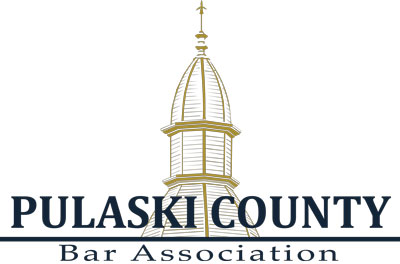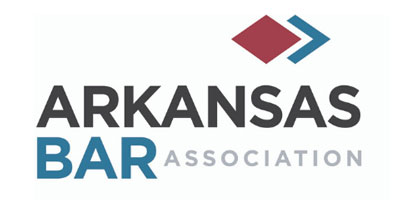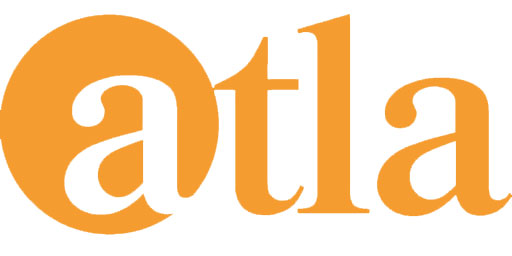In April of 2021, the Arkansas legislature amended the law governing the landlord-tenant relationship.
The new law applies to leases signed after November 1, 2021, and mandates certain minimum habitability standards for rental housing. Specifically, all rentals, at the time of move-in and throughout the term of the lease agreement, shall have:
- An available source of hot and cold running water;
- An available source of electricity;
- A source of potable drinking water;
- A sanitary sewer system and plumbing that conform to applicable building and housing codes in existence at the time of installation;
- A functioning roof and building envelope; and
- A functioning heating and air conditioning system to the extent the heating and air conditioning system served the premises at the time the landlord and the tenant entered into the lease or rental agreement.
Landlords are considered in compliance with the law if, when the tenant takes possession, they provide the tenant with a written form to list any problems with the rental and the tenant fails to list problems or doesn't return the form in two business days. This puts a responsibility on the tenant to property inspect the rental for defects.
Landlords are not required to repair defects caused by the deliberate or negligent act or omission of the tenant, a member of the tenant’s family, another occupant of or visitor on the premises, or any person other than the landlord or the landlord’s agent.
Tenants are required to deliver written notice to the landlord with any problems with the rental that arise during the lease term. Tenants must allow the landlord entry to the premises to correct the defect or else the landlord is not responsible for the defect.
If the tenant is current on rent and if the landlord does not cure the defect within thirty days after receiving the notice of the defect, the tenant’s sole remedy is to terminate the lease agreement and is entitled receive a refund of any security deposit. However, if there is no defect, the landlord may apply the tenant's security deposit to the payment of any damage to the premises in addition to any other remedy provided by the law.
The new law does not allow the tenant to offset or withhold rent from the landlord for any alleged or actual defect and the new law does not excuse a tenant from paying rent.
The law does not apply to a lease to purchase or a lease with a purchase right lease agreement. Additionally, the landlord’s liability under the new standards does not apply when the landlord is temporarily prevented by an act of God, the failure of, or caused by, public utility service, or other force majeure events to include without limitation any epidemic or pandemic that causes work stoppages, labor or material shortages, or required social distancing that impacts the ability to maintain or repair a premises.
Our site is for educational purposes only, as well as to give general information and a general understanding of the law and our firm. Our site is not intended to provide specific legal advice. Use of our site does not create an attorney client relationship between you and Hope, O’Dwyer, Wilson & Arnold, P.A. This site should not be used as a substitute for legal advice from a licensed professional attorney in your state.





